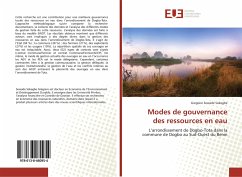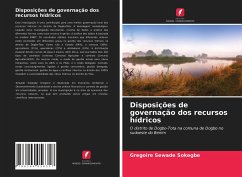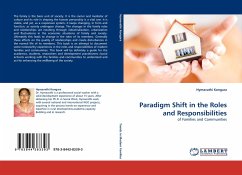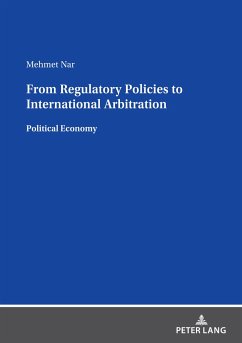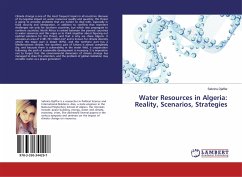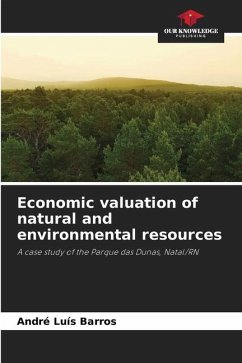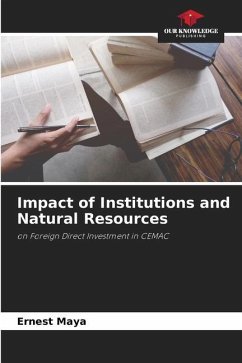
Modes of governance of water resources
The district of Dogbo-Tota in the town of Dogbo in southwest Benin
Versandkostenfrei!
Versandfertig in 6-10 Tagen
27,99 €
inkl. MwSt.

PAYBACK Punkte
14 °P sammeln!
This research is a contribution to better local governance of water resources in the Dogbo-Tota district. The methodological approach followed includes documentary research, data collection and analysis of the different management methods used for this resource. The analysis of the data is based on the SWOT model. The results obtained show that different actors are involved to varying degrees in the management of water resources in the Dogbo-Tota district. These are the State (04%); the commune (38%); farmers (21%), operators (27%) and users (10%). The spatial distribution of these waterworks ...
This research is a contribution to better local governance of water resources in the Dogbo-Tota district. The methodological approach followed includes documentary research, data collection and analysis of the different management methods used for this resource. The analysis of the data is based on the SWOT model. The results obtained show that different actors are involved to varying degrees in the management of water resources in the Dogbo-Tota district. These are the State (04%); the commune (38%); farmers (21%), operators (27%) and users (10%). The spatial distribution of these waterworks is inequitable. Also, two (02) types of contracts are signed (Commune/Farmer contract and Commune/Farmer/ACEP contract). Similarly, the current management mode of the waterworks, in this case the AEV and PEA, is the delegated mode. However, certain constraints related to community management, delegated management, institutional management, water management and internal conflicts within the CAPEs hinder the sustainability of water facilities in Tota district.





